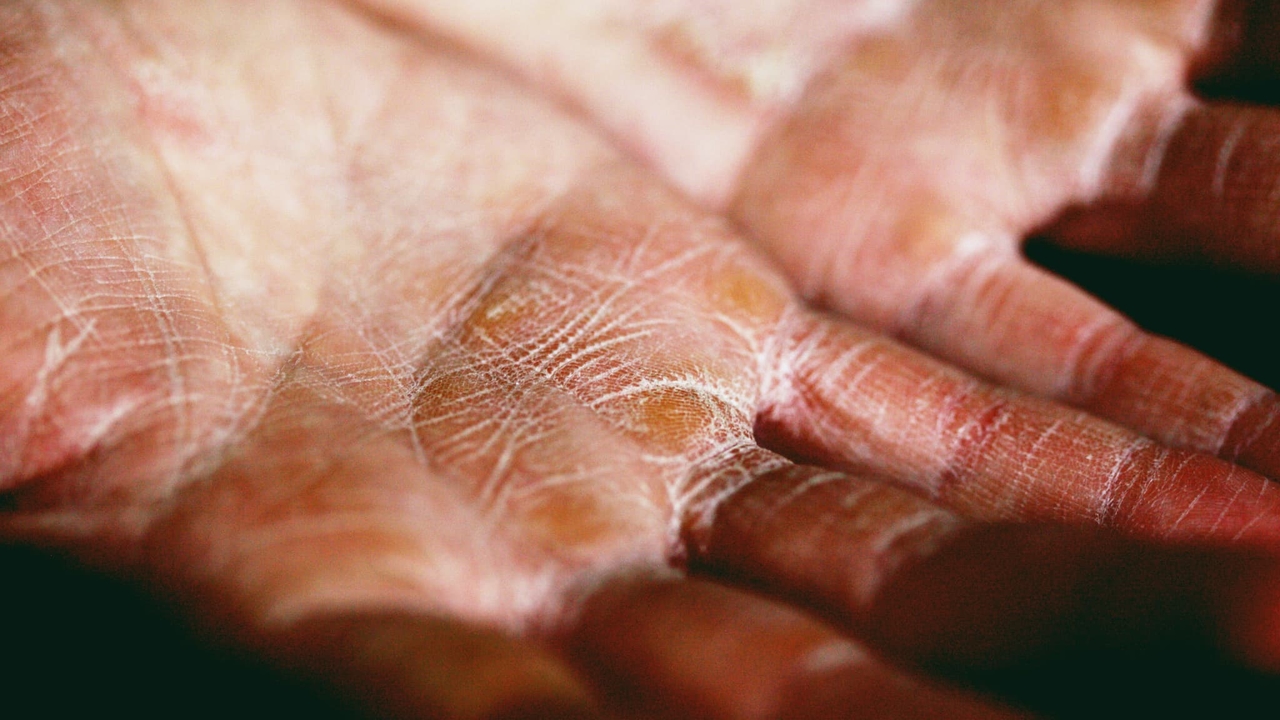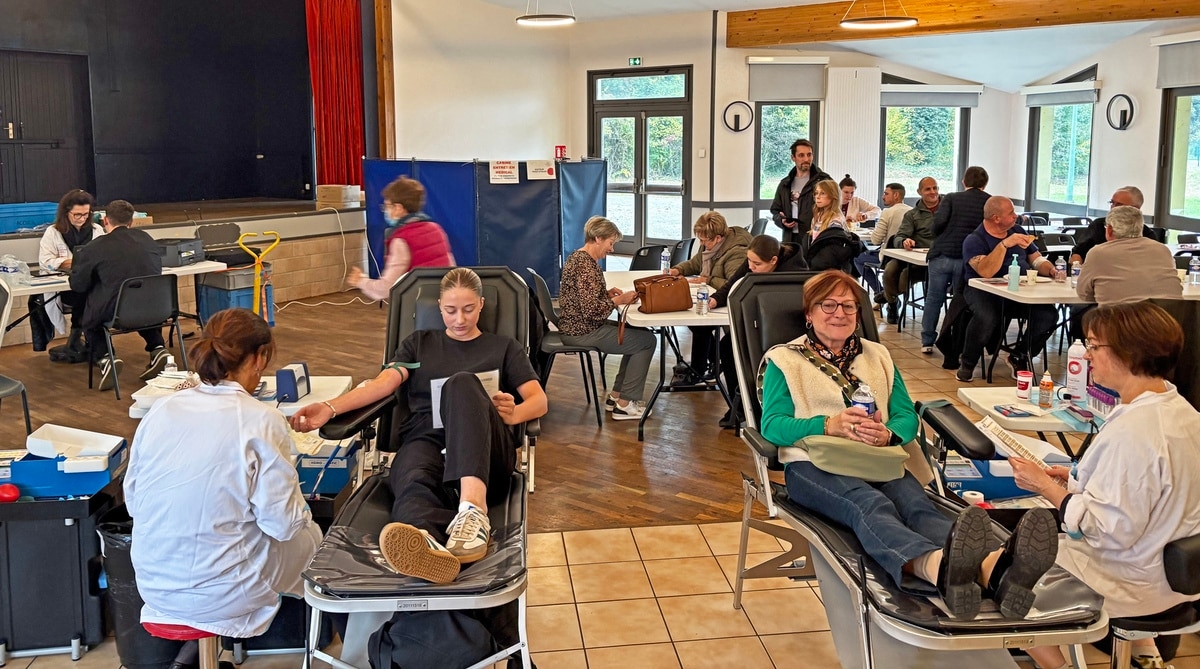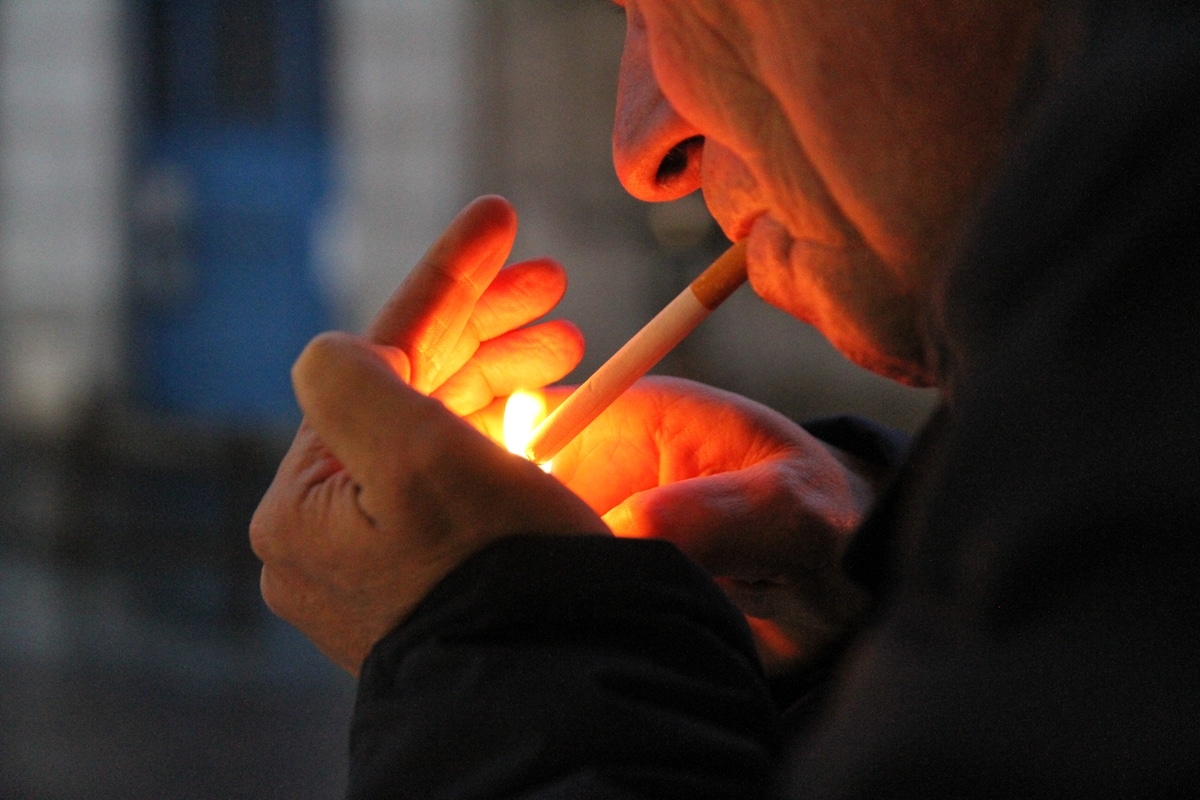Eczema: causes, symptoms and treatments to better live with this skin condition

Eczema isn't just a skin condition: it's a complex inflammatory disease where genetics, environment, and immunity all play a role. With proper management, it can be largely controlled, provided you care for your skin daily and learn to identify the triggers for flare-ups. Here's everything you need to know.
Eczema is an inflammation of the skin caused by an abnormal reaction of the immune system. The result: red patches, intense itching, and sometimes small blisters.
There are several forms of eczema, but the most common, especially in children, is atopic dermatitis. It is a chronic condition linked to a family history of allergies, often associated with other disorders such as asthma or seasonal rhinitis.
This should not be confused with contact eczema, which occurs when a specific allergen is identified (metal, perfume, household product, etc.). People with atopic eczema have more fragile skin with a compromised hydrolipidic barrier. This makes the skin permeable to irritants and allergens, while also promoting dehydration.
The causes are multiple:
- A genetic predisposition: some people have a hereditary predisposition to produce antibodies linked to allergic reactions. In cases of contact eczema, up to 50% have a family history.
- Genetic abnormalities: mutations have been identified on genes encoding skin barrier proteins, making the skin more vulnerable to allergens.
- Immunological factors: these patients are often more susceptible to bacterial or viral infections, particularly herpes.
- The environment: according to the hygiene theory, increased hygiene in industrialized countries reduces children's exposure to microbes, disrupting the development of the immune system. This is one of the reasons why 10 to 20% of children in these countries suffer from atopic dermatitis.
There is no definitive cure, but several treatments can better control flare-ups:
- Moisturize the skin daily with emollient creams to restore the skin barrier.
- Avoid triggering factors: stress, heat, irritants, synthetic clothing…
- Apply topical corticosteroids (creams or ointments) in case of a flare-up, to calm the inflammation.
- In some severe cases, oral treatments or biotherapies may be offered under dermatological supervision.
But beyond the physical symptoms, eczema also impacts morale: sleep disorders, social discomfort, loss of self-confidence… Hence the importance of medical and psychological support, especially for younger people.
RMC





